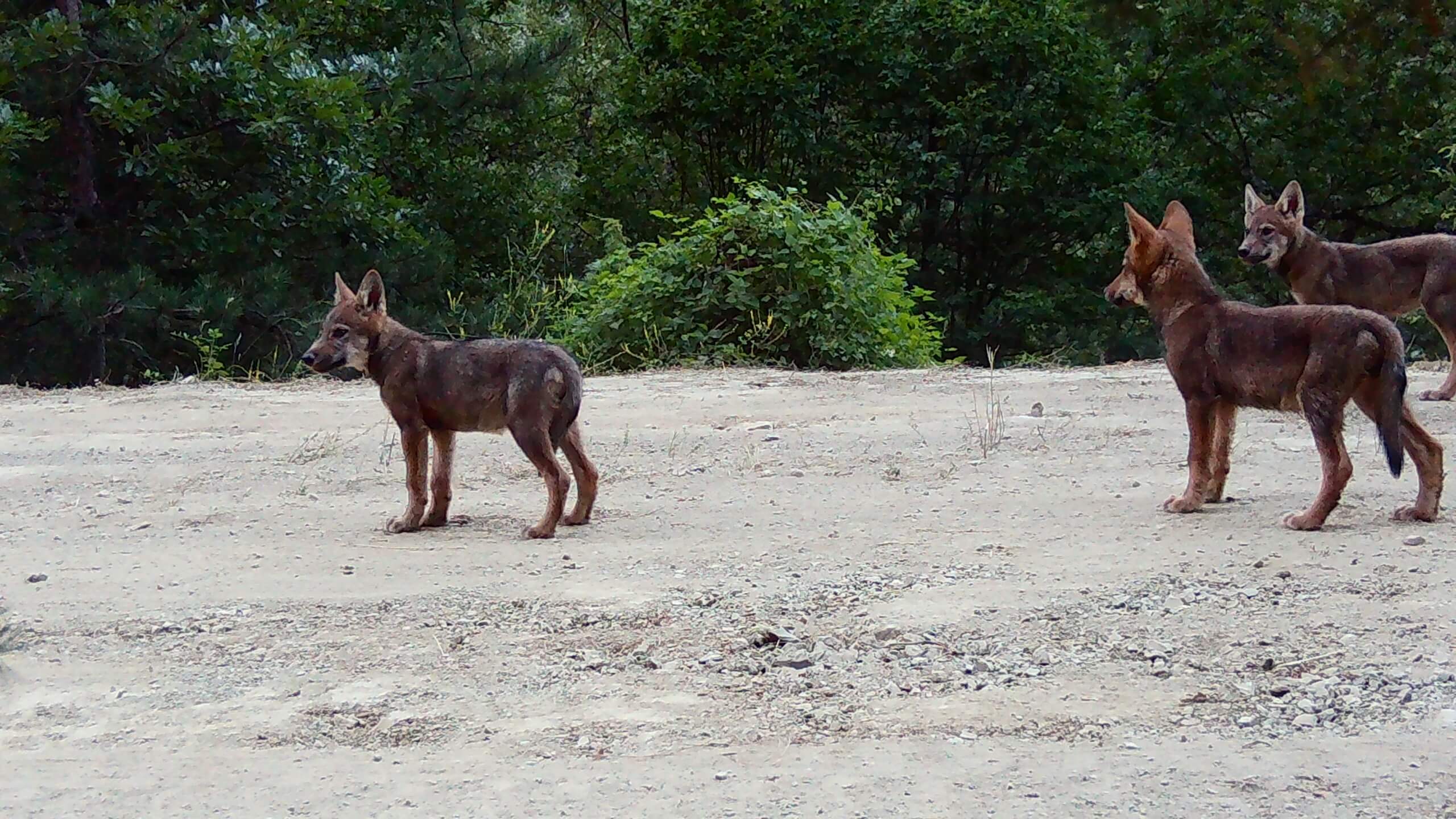LARGE CARNIVORES PROJECT: ACTIVITIES SUPPORTING THE CONSERVATION OF LARGE CARNIVORES AND THEIR COEXISTENCE WITH HUMANS IN GREECE


Species
Grey wolf, golden jackal, brown bear
Organization
CALLISTO WILDLIFE & NATURE CONSERVATION SOCIETY
Duration
June 2023 - December 2026
Region
Greece
THE NEED
The re-emergence of the wolf in areas of its former distribution in Greece is accompanied by increase in wolf-human conflicts, directly related to wolf attacks on livestock or feral dogs. Attempts to resolve these conflicts often involve the illegal use of poisoned baits.
In addition, extreme habituation of wolves with humans, resulting from their expansion in peri-urban areas, increases the risk of hybridization with dogs. Hybridization alters the genetic composition of wild wolf populations, affecting their physiological, behavioral and morphological traits and reducing their ability to survive in their natural habitats.
Finally, the species is also threatened by large-scale infrastructure construction, such as unmitigated highways, wind farm development etc., which causes habitat fragmentation. Adequate legal protection of wolves remains the most critical factor for the long-term survival of the species.
THE PROGRAM
The Large Carnivores Project focuses on the conservation of large carnivores, with the aim of improving the coexistence of wolves and humans in Greece. Emphasis is given to the wolf (Canis lupus), although certain activities also target other large carnivore species in the country, namely the golden jackal (Canis aureus) and the brown bear (Ursus arctos).
In order to improve governance and legal protection for wolves, a “Large Carnivore Watch”, which will focus on organizing participatory procedures for a joint resolution of carnivore-human conflicts, and a “Wolf Emergency Team”, a specialized intervention team that will directly deal with cases of extreme wolf habituation in peri-urban areas, will be operated.
In order to improve knowledge about the population and breeding activity of wolves in Greece, as well as to assess the risk and the extent of hybridization, 45 areas will be systematically monitored, and genetic analyses will be conducted on 200 samples. The data obtained will be used to promote guidelines on effective management of wolf-dog hybridization to the competent authorities.
Finally, in order to improve understanding and increase the involvement of stakeholders in wolf conservation, educational material will be developed for students and educators, public awareness will be raised using informational material and capacity building seminars will be offered to those directly affected by wolves.